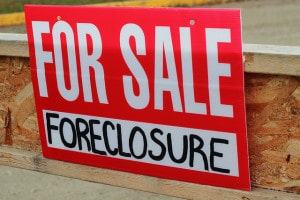In the eyes of the law, mortgage fraud refers broadly to the act of providing false or misleading information on mortgage documents for the purpose of closing real estate transactions that would not go through otherwise. Mortgage loans are complex transactions requiring many qualifications and involving many documents, and often lenders or borrowers attempt to use this to their advantage, either by falsifying or omitting key information to make the deal go through.
Mortgage fraud can take a number of forms, but specific instances of fraud typically fall within two categories, depending on whether the lender or the borrower is committing the crime. We refer to these as fraud for housing and fraud for profit.
FRAUD FOR HOUSING
When a borrower commits mortgage fraud, it usually means the borrower has submitted inaccurate, incomplete or false information in an attempt to receive a loan he/she/they would not otherwise qualify for, or to obtain better terms than the lender would otherwise provide. Examples include overstating income, understating debt, or even borrowing money for the down payment and calling it a “gift.” This is referred to as fraud for housing because in almost all cases the primary motive is to obtain the housing, rather than making a profit directly.
FRAUD FOR PROFIT
When a lender, broker or other real estate professional commits mortgage fraud, it is called fraud for profit because the primary intent is to make money unlawfully. Examples of this may include predatory lending practices (which are illegal), omitting or falsifying information submitted by the borrower to “seal the deal,” or obtaining an inflated appraisal report on the property (usually to share profits with the appraiser).
Although many states have laws on their books concerning mortgage fraud, these crimes are often prosecuted at the federal level because the penalties are stiffer. Ironically, there are no specific federal laws addressing mortgage fraud, so federal cases are usually tried under related charges such as bank fraud, wire fraud or mail fraud since most fraudulent mortgage transactions involve these devices.
If you have been accused of mortgage fraud, it’s important to have knowledgeable legal counsel to represent your interests. Contact the Federal Criminal Law Center today at 404.633.3797.


